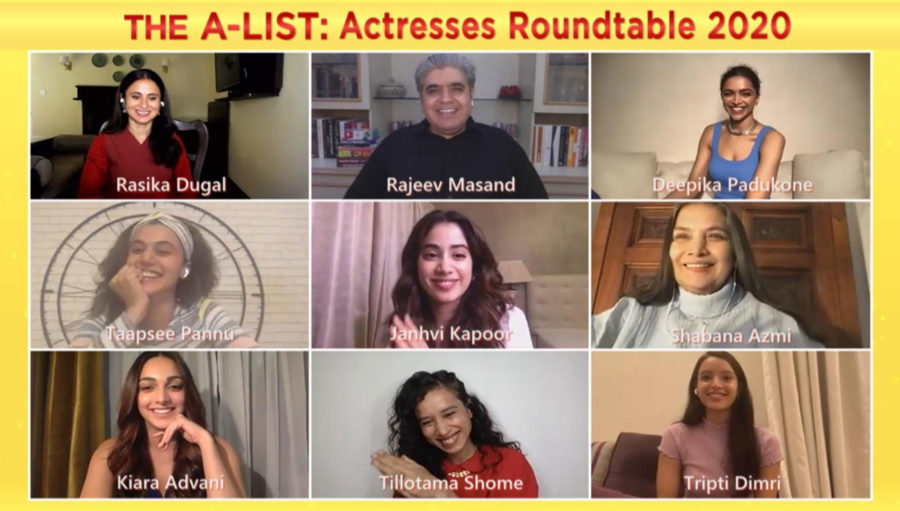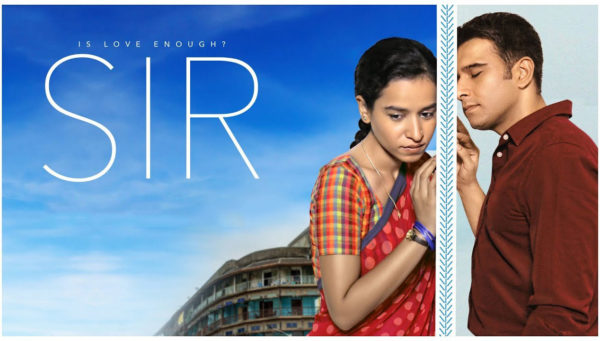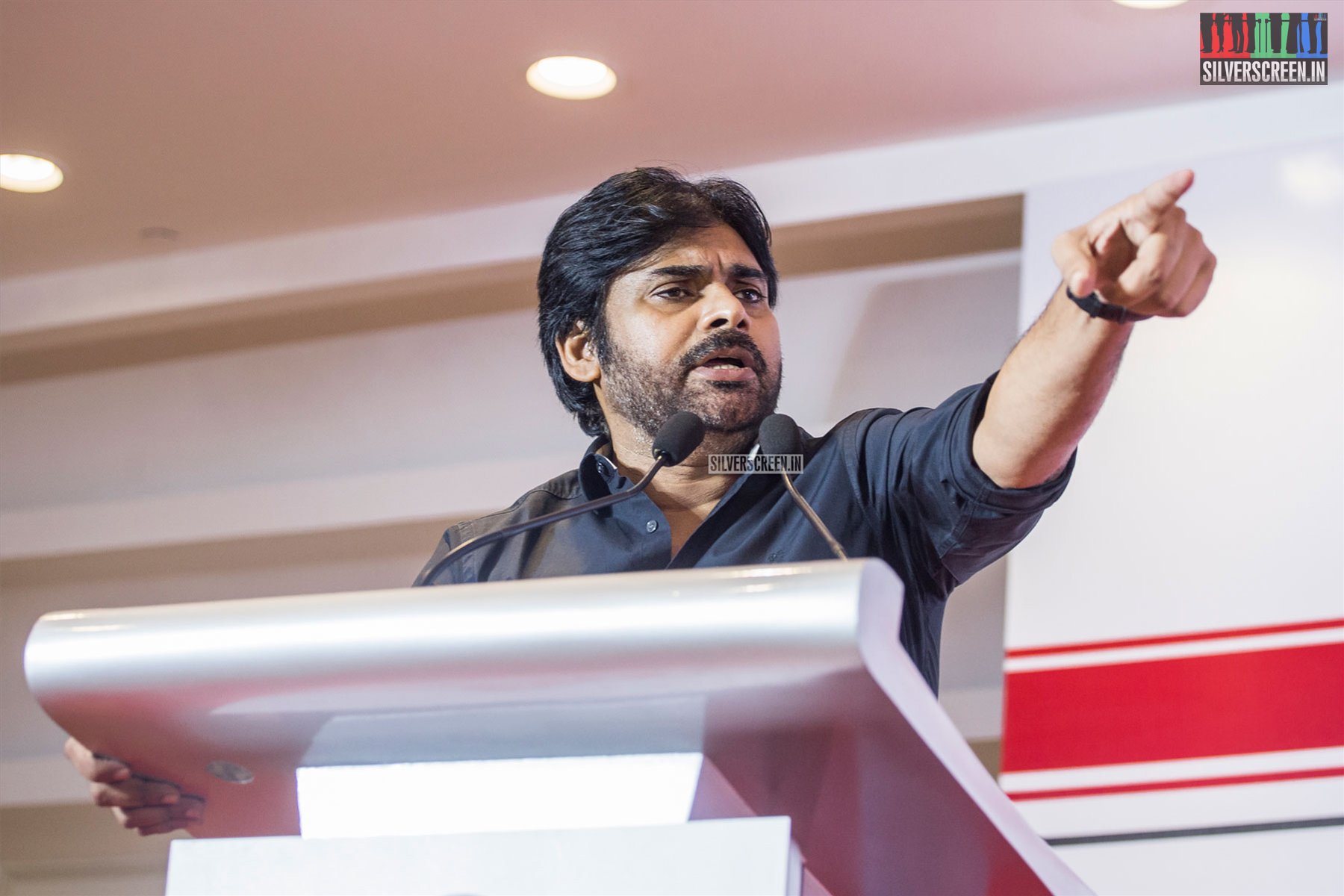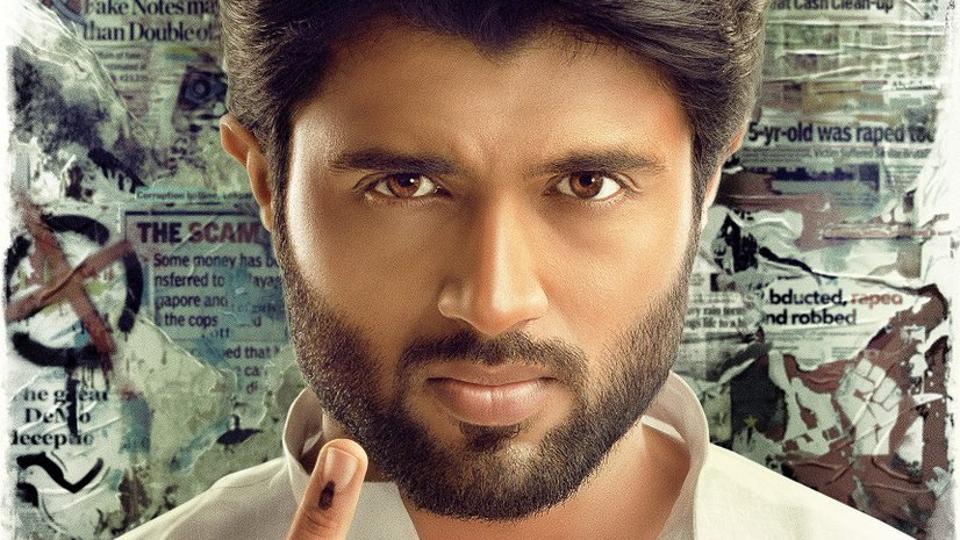The Actresses Roundtable 2020 with Rajeev Masand brought together actresses Rasika Dugal and Taapsee Pannu talking about their characters from Mirzapur and Manmarziyaan respectively, at an episode released by Masand on YouTube on Monday.
The round table also had actors including Shabana Azmi (Kaali Khuhi), Deepika Padukone (Chhapaak), Tripti Damri (Bulbbul), Kiara Advani (Guilty), Janhvi Kapoor (Gunjan Saxena: The Kargil Girl), Taapsee Pannu (Thappad), Rasika Dugal (Mirzapur) and Tilottama Shome (SIR) as guests.
The topic was the roles for women in 2020.
A Female Protagonist With Desire
Rasika Dugal said one of the many reasons she loved playing the character of “Beena Tripathi” in Mirzapur was the fact that Beena “wore her sexuality under her sleeves”.
She said that while Beena had many vulnerabilities, this aspect of her had a magnetic quality that made people notice when she entered a room. Dugal said what intrigued her about Beena was that she “lives her own life with complete freedom while living in a house with these patriarchal men and oppressive sort of environment”.
Taapsee Pannu said that once at a film festival where her film Manmarziyaan was premiering, a man came up to her and said, “I don’t think I have seen many films where the female protagonist is so horny.” The fact that he could not fathom that a horny woman could play the role of a protagonist astonished Pannu, who went to ask why these aspects of a woman’s character were seen negatively.
She further asked why the range of female characters was limited to either an “abla naari (innocent-helpless woman)” or a “vamp”.
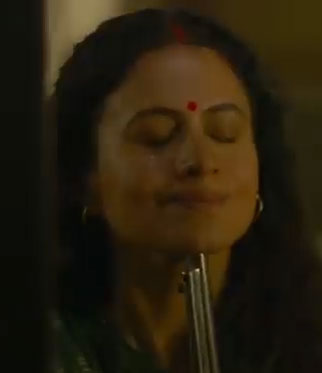
m21 (1)
Actor Tilottama Shome said her character “Ratna”, a maid who falls in love with her employer, in the film SIR, was the protagonist, and a woman with desire. She said, “Where are we gonna lock away all these desires in some tijori (vault) with the lock of tradition? I mean come on. I am a flesh and blood human. It is beautiful for me to to see Rasika. It is great that finally, this language of desire is not something we are shy to show. And especially when it comes from a female protagonist.”
The Importance of Dignity
In SIR, Shome’s character “Ratna”, Masand said, was “not defined by her circumstances but the dignity with which she carried herself.” A character that has dreams and hopes, “she never sees herself as a bechari (helpless),” he said. Shome replied that “pity is kind of that small change that Ratna doesn’t want. She will be like mujhe chahiye hi nahi, aap rakh lo (i don’t want it, please keep it).”
Shome said her character doesn’t look at herself as a victim and that’s what made the character happy. She said, “Dignity is not the cultural capital of the rich. They are people who have lots of money and who have absolutely no dignity. So, dignity is something that cuts through class and to see someone who owns that was so liberating to play. If there is any pity, it is the privilege and entitled who look at Ratna with a sense of ‘wow yaar she is a maid but look at her such big dreams or she is maid but she is so beautiful’. The ones who say these should be pitied.”
Pannu’s character “Amrita” in Thappad demands dignity in the “most intimate of spaces – within a marriage.” Pannu said. She added that, “Victimhood is celebrated a lot when it comes to women’s character in India, especially.” According to Pannu, it is important for a character or every woman to realise her dignity, grow from being a victim and to fight for it.
“All that Amrita wanted was happiness and dignity,” said Pannu.
Padukone, whose character “Malti” fights for dignity and inclusivity, agreed with Azmi that “you learn from a character but you also give something to every character you play.” She added that the layer of dignity is what she adds to every character she plays as she was “intrinsically” not a person who did anything for pity in real life. “Empathy,” she said, is what helps her play the characters she does.
Kapoor said her character “Gunjan” demanded the “dignity that comes with her job that she has earned herself”. She said she refused to be discriminated against in terms of gender. What Kapoor said she learnt from her character and her real life was that “dignity and respect are basic human rights and it’s not like you’re asking anyone to do you a favour by demanding your dignity and respect” and it does not matter what gender one belongs to or their disabilities. The entire journey of the character she played, she said, was about the fight to not rely on self-pity. Kapoor said she thought that “pity was what she (Gunjan) was trying to escape from for others as well as for herself.”
